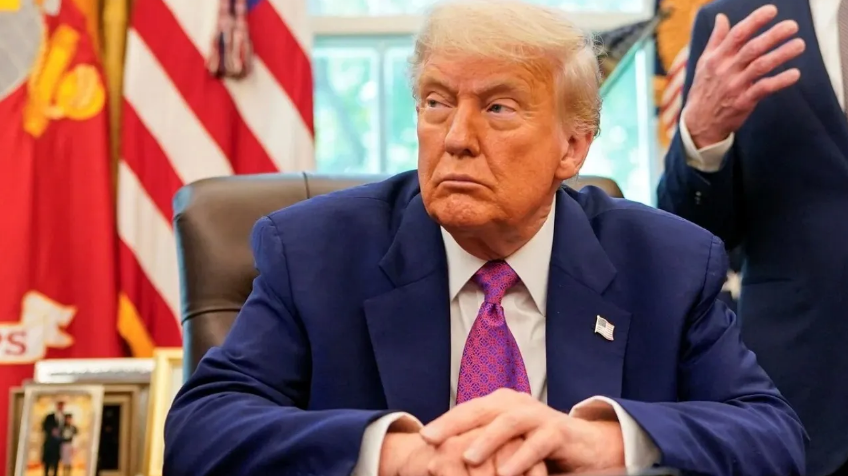New Delhi / Kabul / Moscow: U.S. President Donald Trump’s attempts to reclaim Bagram Air Base in Afghanistan have faced growing international opposition. The base, currently under Taliban control, is already opposed by Pakistan, China, and Russia. Recently, India has also aligned with these countries in resisting the U.S. initiative, ahead of Afghan Foreign Minister Amir Khan Muttaqi’s first visit to New Delhi.
The development follows the seventh Moscow Format consultations on Afghanistan, held in Moscow, which brought together representatives from Afghanistan, India, Iran, Kazakhstan, China, Kyrgyzstan, Pakistan, Russia, Tajikistan, and Uzbekistan. The meeting emphasized Afghanistan’s sovereignty, unity, and peaceful development, while calling for both bilateral and multilateral cooperation against terrorism. Participants stressed the need for comprehensive measures to eliminate terrorism and encouraged Afghanistan to strengthen regional economic, trade, and investment ties.
Bagram Air Base, located in Parwan Province, 60 km north of Kabul, was originally established by the Soviet Union in 1950. It became a key site during the Soviet-Afghan War (1979–1989) and later during the U.S.-led intervention post-2001. Following the 2020 U.S.-Taliban agreement, American and NATO forces withdrew in 2021, allowing the Taliban to regain full control, including Bagram. While the U.S. has expressed concern over Chinese infrastructure projects near the base, the Taliban have dismissed these claims, asserting that the base remains under their control and that there is no Chinese military presence.
India’s opposition is also influenced by recent U.S. trade actions, including the imposition of 50% tariffs on Indian goods, which has generated public discontent. New Delhi’s support for Afghanistan aligns with broader regional efforts to maintain stability, security, and economic development in the region.






